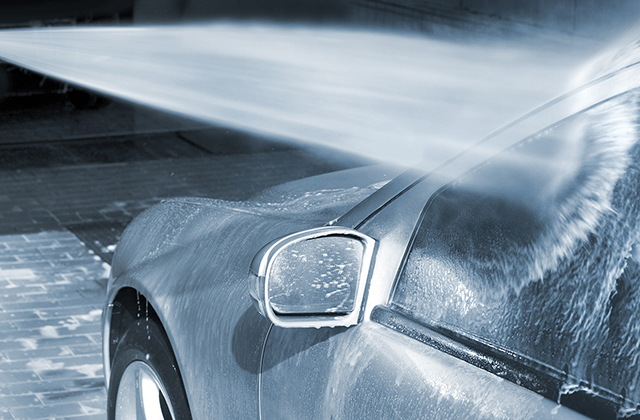
If you were handed an estimate to replace a water pump on your car, would you know if the price was fair? Could you trust the price? How about for a tie rod end, mass air flow sensor, or an evaporative emissions sensor? We’ve got you covered if you’ve been searching all over the internet for the best car wash products out there.
Most of us don’t know what these are, never mind the price. Yet it is components such as these that are commonly used to over charge you, the car repair customer.
We no longer live in an age of trust, so how do we ensure that our auto repair costs are legitimate.
How many times have you suspected that you paid too much, but couldn’t prove it? How many times did the price seem exorbitant for even simple repairs?
To illustrate just how At Risk the everyday auto repair customer is to excessive car repair prices, here’s a recent real life example from a reputable? dealer.
A client brought her Audi to an authorized Audi dealership for a standard timing belt maintenance service.
The price for this service averages $1575 at the dealership level, (including pulleys, water pump, etc) and about $1275 at the independent repair shop level.
Yet the woman left the dealer with a bill for $2025.68.
What happened?
According to the repair order, there were no abnormal circumstances, no problems noted by the technician such as rust or any other extenuating circumstances that would have perhaps increased the labor, or added additional parts.
In short, it was a straight forward service, but the bill was $450.68 higher than it should have been. There is simply no legitimate reason to have that much discrepancy.
How’d they get away with it?
The answer is very simple, and it’s a point that I don’t want anyone to miss:
They get away with it because they can!
Think about it. The average person doesn’t know how much auto parts cost. And who knows how much labor time a repair should take? To what sources does one turn to find out this information? Who even has the time to investigate!
Upon examination of this woman’s repair order, it was found that she was charged a full 4 hours more than the standard labor time. At $100 per hour, this added an additional $400. The remaining $50.68 came from the parts, which were billed higher than MSRP.
She was quoted $2,025 for a repair that tops out at $1575. The woman didn’t know. She just paid the bill and left.
How many times do folks just pay the bill and leave? Pretty much that’s all one can do given that there is no accessible information for the car repair customer to adequately question a repair bill. Furthermore, very few even know what questions to ask!
The auto repair industry has been over-charging for decades sometimes subtly, sometimes boldly, definitely frequently. The evidence for this is overwhelming; yet, there are no easy solutions available for the car repair customer.
Government agencies can’t help. The Better Business Bureau can’t do anything. Even supposed car repair experts or advocates lack the understanding of the breadth and insidiousness of the car repair business at all its levels.
A dealership operates differently than an independent repair shop, and a franchise, like Midas, is totally unique. Who really knows what goes on in the underground of such a diverse and complex industry?
The Solution?
First and foremost, car repair customers need access to information on car repair prices. Without this, they’ve got nothing tangible in which to determine fair charges. They also need to be able to navigate the maze of parts and labor charges for car repairs and maintenance.
Like everything else, information is the key to ensure fair treatment. Without it, the car repair customer will continue to swim with the sharks without any protection.
